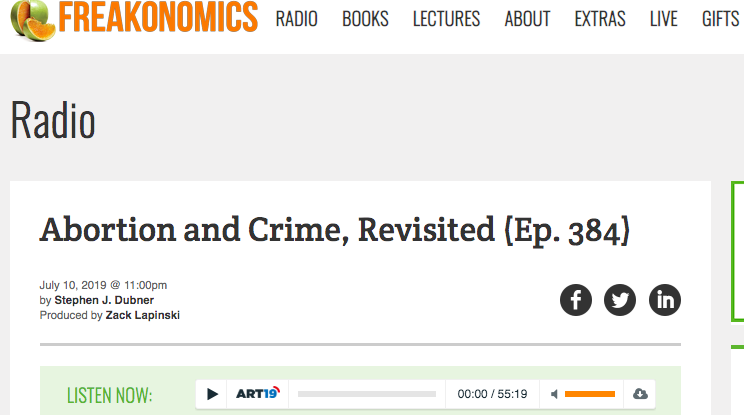Great episode with some solid TOK connections. At around 30:55, the host talks to economist Ed Glaeser about the value and importance of cities. The arguments he present connect well to concepts of personal and shared knowledge. Cities allow for innovation and progress because of the ease of sharing knowledge.
DUBNER: You call the city “our greatest invention,” which means you’re putting it ahead of mathematics, the computer, antibiotics, rum-raisin ice cream. How so? How is the city the greatest human invention?
GLAESER: It is the machine that makes all the other inventions possible, right? And the reason for that is that almost every one of the inventions that you raise, whether it’s mathematics and its development, whether in classical Greece 2,500 years ago or in the House of Wisdom in Abbasid, Baghdad, 1,200 years ago, it is human connections that make that creativity possible. Almost nothing that we have done as a species is a solo creation. We collaborate. We learn from each other. We steal each other’s ideas with some degree of regularity.
Further on, around 39 minutes, the host talks to economist Jennifer Doleac about crime statistics. What I love here is the way in which she talks about data and possible explanations for observed phenomena. All of this is a great representation of the methods of the human sciences and of economics in particular.
Homicide, it’s a bit of a mystery. And I think the mystery is compounded by the fact that we’re seeing different effects in different cities. So, it’s hard to come up with a really clear story. It’s possible that some of this is gang violence. And so, if people aren’t out and about, then there aren’t witnesses and bystanders who might deter violent crime or violent confrontations among people that perhaps don’t care about stay-at-home orders. Something else that has been written about quite a bit now is what happens to domestic-violence rates. We see domestic violence rates increase quite a bit. Some of those surely are turning into homicides. But that probably is not explaining all of the potential effect on homicides in these cities.
Freakonomics Podcast: Is New York City Over? (Ep. 434)
